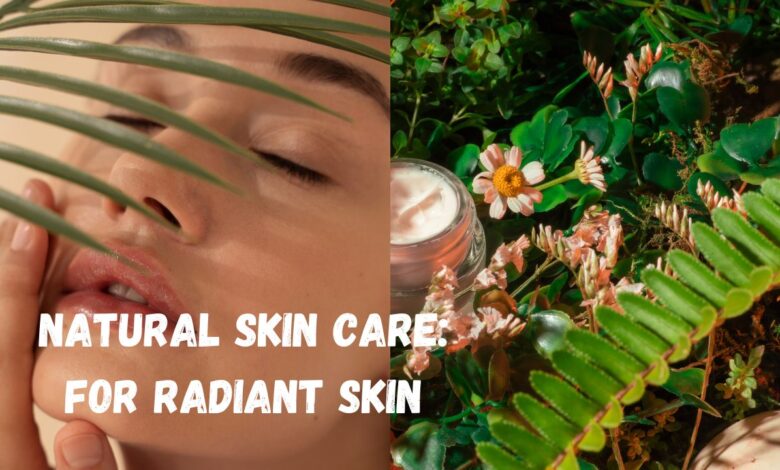
Explore the benefits of using natural face masks for your sensitive, dry, or oily skin. These masks are crafted from basic, natural elements, providing revitalizing advantages that boost the natural glow of your skin. Incorporate the principles of Ayurveda to nurture and pamper your skin in a gentle, natural way
These natural remedies can be prepared according to your body type. Today, I’m going to tell you about three such rejuvenating face mask combinations to enhance your natural beauty.
Face Mask for Sensitive Skin
The first mask is suitable for those who have sensitive skin. This mask is made from strawberries, honey, and cocoa powder. Strawberries are rich in salicylic acid, which can help to brighten your skin and reduce inflammation. Honey is a natural humectant, so it locks moisture in the skin and soothes irritation. Cocoa has flavonoids which can improve your skin’s elasticity and reduce the appearance of fine lines.
Preparation and Application
Mash two ripe strawberries in a bowl with your fingers, add 1 tablespoon of honey and one teaspoon of cocoa powder. Mix well until you get a smooth paste. Apply this mixture after rinsing your face and leave it on for 15 to 20 minutes, then rinse off with lukewarm water and gently pat dry. You may use this mask once or twice a week for the best results.
Face Mask for Dry Skin
The next mask can be made of banana, turmeric, and honey. It brings softness to your skin, so it is good for those who have dry skin. Banana has vitamins A, B, and E, which can hydrate and nourish your skin to make it elastic and soft. Turmeric can calm irritated skin and even out your skin tone, while honey moisturizes and heals your skin.
Preparation and Application
Prepare this mask by mashing half a ripe banana into your bowl. Add half a teaspoon of turmeric powder and half a tablespoon of honey. Mix nicely, clean your face, and apply this mask. Keep it on for 15 minutes and then rinse it off. Use this mask once or twice a week to make your skin soft and supple.
Face Mask for Oily Skin
For those who have oily skin, here is another recipe which includes orange, honey, turmeric, and curd. Oranges have vitamin C and citric acid, which help to control excess oil production. Honey moisturizes your skin, and turmeric, which is anti-inflammatory, helps minimize your skin pores and make your skin firmer. Curd contains lactic acid, which can gently exfoliate your skin to remove dead cells.
Preparation and Application
To prepare this mask, take half a tablespoon of orange juice, add 4 tablespoons of honey, half a teaspoon of turmeric, and 1/4 tablespoon of curd. Mix these ingredients well and apply this mask evenly on your face and neck. Leave it on for 15 to 20 minutes, and then gently rinse it off with cool water. Use this mask twice a week for firmer and tighter skin.
Additional Tips for Healthy Skin
Remember to test each of these masks on the skin of your wrist before applying it to your face just to see whether it suits your skin or not. Let’s talk about what else you can do to keep your skin healthy. Try to drink sufficient water or liquid throughout the day to ensure that your skin is well-hydrated and toxins are removed. Eat plenty of fresh seasonal fruits and vegetables to nourish your skin from the inside out. Stress can worsen your skin’s condition, so make time for activities like yoga, meditation, or deep breathing exercises to relax. Try to get 7 to 8 hours of sleep each night to allow your skin to repair and regenerate. Avoid staying out under harsh sunlight for too long without protecting your skin.
Conclusion
When you add these Natural face masks to your skincare routine, you tap into the power of basic ingredients for glowing, healthy skin. Before giving these remedies a go, make sure to speak with a skincare expert to check if they are right for your skin type. Taking care of your skin in a mindful and personalized way is the start of natural beauty
The information provided in this article is based on observations and traditional practices. Individual skin types and conditions can vary significantly, so it’s important to consult with a qualified skincare specialist or dermatologist before trying any new skincare regimen or products. Always conduct a patch test before applying any mask to your face to ensure it suits your skin.




